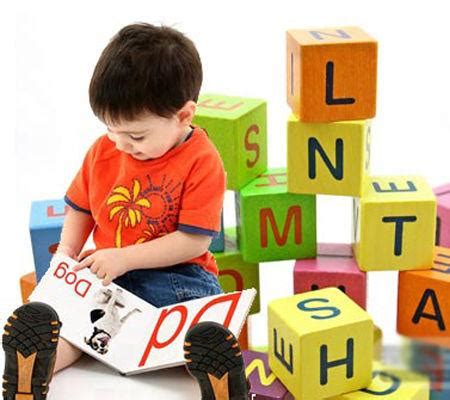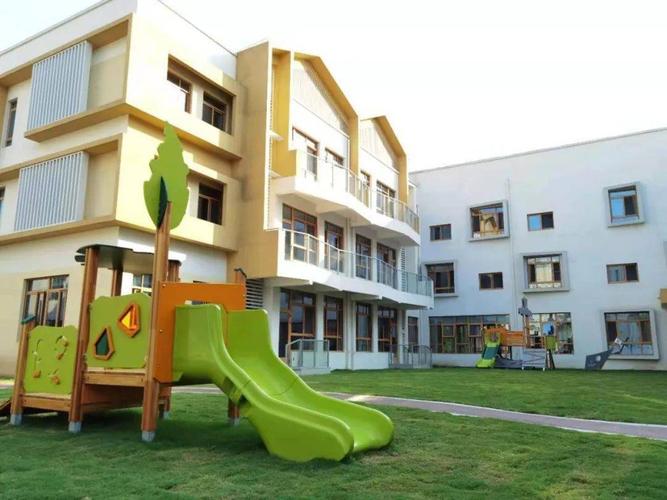启蒙英语早教视频
Title: Effective Strategies for Early English Language Acquisition in Early Childhood Education
In early childhood education, fostering English language skills is crucial for cognitive development and future academic success. Implementing effective strategies for English language acquisition during the early years can significantly benefit children. Here are some valuable approaches:
1. Immersive Environment:
Creating an Englishrich environment immerses children in the language naturally. Labeling objects, using English in daily routines, and decorating the classroom with English posters and books can familiarize children with the language from an early age.
2. Music and Rhymes:
Utilize songs, chants, and rhymes to make learning English enjoyable. Repetitive lyrics and rhythmic patterns enhance language retention and pronunciation. Incorporate actions or hand gestures to engage children physically while learning.
3. Storytelling:
Storytelling captivates young minds and enhances language skills. Choose ageappropriate English storybooks with colorful illustrations. Encourage children to predict, retell, and act out stories, fostering comprehension and vocabulary development.
4. Multisensory Activities:
Engage children in handson activities that stimulate multiple senses. Use sensory materials like playdough, sand, or textured objects to reinforce English vocabulary. Incorporate sensory experiences into language games and exploration activities.
5. Interactive Technology:
Integrate educational apps, interactive games, and digital resources designed for early English learners. Select multimedia content that offers interactive experiences, such as virtual flashcards, animated videos, and language learning apps tailored to young learners.
6. RolePlay and Dramatic Play:
Encourage roleplay scenarios and dramatic play centered around everyday situations. Provide props, costumes, and themed play areas to inspire imaginative use of English language. Engage children in dialogue and problemsolving within their pretend play scenarios.

7. Language Games and Activities:
Incorporate languagebuilding games and activities into daily routines. Examples include memory games, scavenger hunts, word bingo, and Simon says. Make learning English fun by turning lessons into games and competitions.
8. Parental Involvement:
Encourage parents to support English language learning at home. Provide families with resources, tips, and activities to reinforce language skills outside the classroom. Organize parentchild English sessions or workshops to promote collaboration and shared learning experiences.
9. Cultural Exploration:
Introduce children to Englishspeaking cultures through celebrations, festivals, and cultural activities. Explore diverse customs, traditions, and holidays while integrating English vocabulary related to these cultural experiences.
10. Consistent Reinforcement:
Reinforce English language learning consistently through repetition and reinforcement. Review previously learned vocabulary and concepts regularly. Provide positive reinforcement and praise to motivate children and build their confidence in using English.
Conclusion:
Early English language acquisition lays a foundation for lifelong learning and communication skills. By implementing these strategies in early childhood education settings, educators can create an engaging and supportive environment where children develop proficiency and confidence in using the English language. Through a combination of immersive experiences, interactive activities, and parental involvement, young learners can embark on a rewarding journey towards bilingualism and cultural understanding.












评论